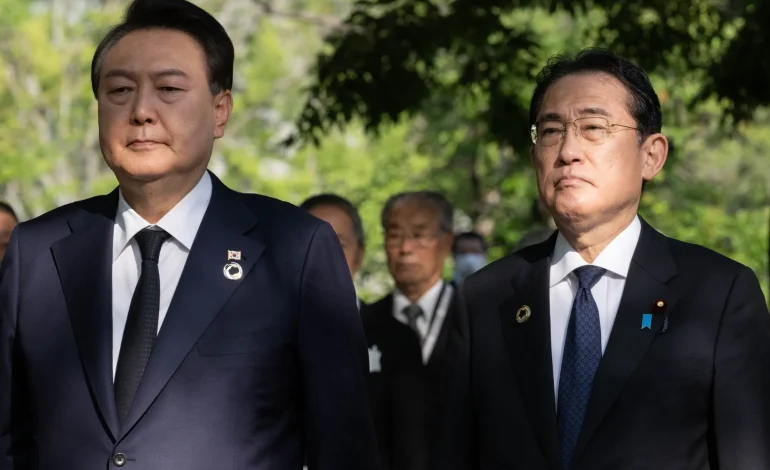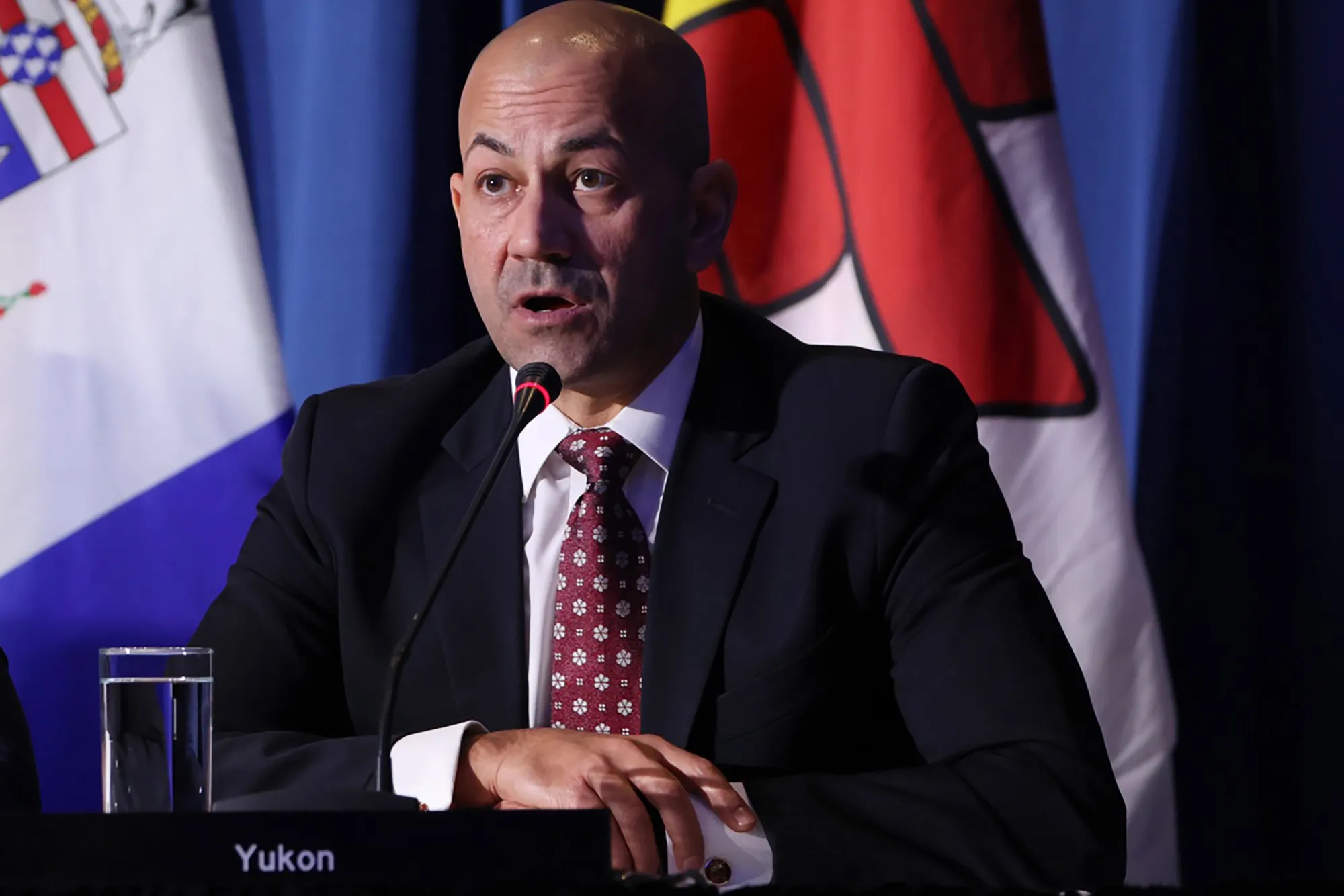Former Japan’s PM Kishida Expresses Concern Over South Korea’s Political Instability Impacting Bilateral Ties

Former Japanese Prime Minister Fumio Kishida has voiced concerns that the recent political upheaval in South Korea could jeopardize the progress made in strengthening bilateral relations, Bloomberg reports.
In an interview with the news agency on Thursday, following South Korean President Yoon Suk Yeol’s controversial declaration and subsequent retraction of martial law, Kishida emphasized the importance of political stability in South Korea for advancing the Japan-South Korea relationship.
Kishida, who enjoyed a close rapport with President Yoon, noted the significant strides made in bilateral cooperation during his tenure, including the establishment of a real-time information-sharing system for North Korean missile launches. This cooperation also extended to trilateral partnerships with the United States, culminating in the Camp David summit in August 2023 and a subsequent meeting in November 2024. US Ambassador to Japan Rahm Emanuel highlighted the extensive high-level meetings and military exercises since the Camp David summit, describing the enhanced cooperation as “embedded in the DNA of each nation’s security strategy.”
However, even before the current political crisis, President Yoon faced domestic criticism for his handling of historical issues related to Japan’s colonization of the Korean Peninsula. Japan maintains that all claims were settled under a 1965 treaty. South Korean opposition leader Lee Jae-myung, a potential successor to President Yoon, has described Japan’s relationship with South Korea as “predatory,” raising further concerns about the future trajectory of bilateral ties.
While declining to comment directly on South Korea’s internal politics, Kishida stressed the importance of continued cooperation to address global challenges such as conflict, disease, and climate change. He emphasized Japan’s commitment to supporting the relationship, given its proximity to South Korea.
Kishida also touched on Japan’s economic relationship with the United States, asserting that Japan’s position as the largest foreign direct investor should help secure understanding from the incoming Trump administration regarding its economic contributions. When asked about a potential role in US-Japan relations, Kishida stated he would “do my utmost as a member of parliament.”
He also shared his views on several other key issues, expressing hope for a positive resolution to Nippon Steel’s bid for US Steel that wouldn’t harm the Japan-US economic partnership, and emphasizing the need for financial institutions to encourage household investment.








